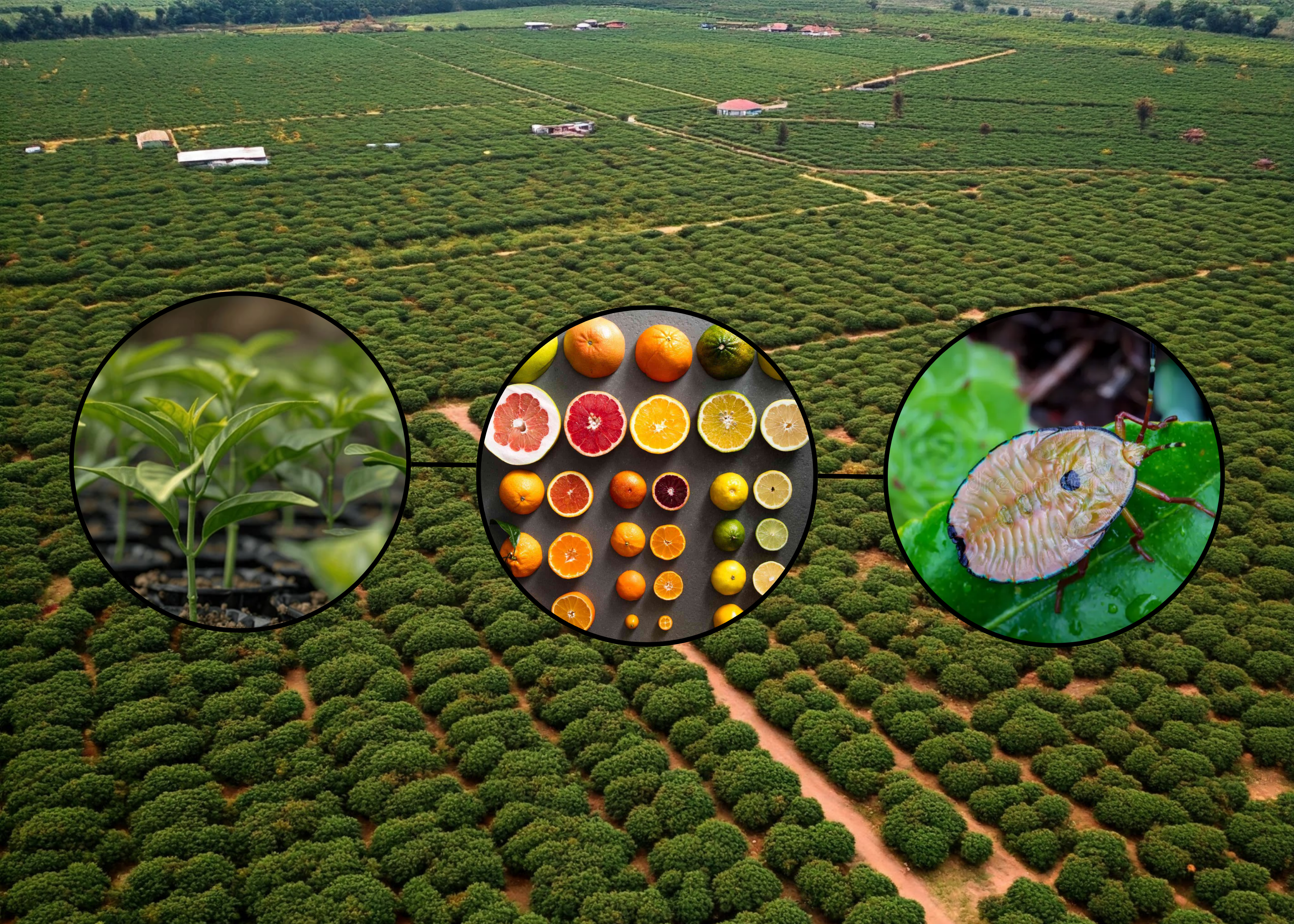Citrus is one of the most important fruit tree crops in Nigeria, and they can be consumed fresh and used in industrial processing. Common types include oranges, lemons and limes, which are suitable for the country’s climate. These fruits are the most used in the fruit drink industry.
There is a big gap between citrus production and demand in Nigeria, with $5.1 million going into importing the commodity. The country is the tenth-highest importer of these fruits from regions such as South Africa, India and the United Kingdom.
The about 4 million tonnes of citrus produced annually in Nigeria is not enough and there is a need for more primary producers to enter the industry. Top producers like India, Mexico, and China Mainland produce at least 10 million tonnes or more of oranges, lemons, and limes.
On the global scene, the citrus market is worth more than $15 billion with the United States importing $1.64 billion of the commodity yearly. The Netherlands, which is one of Nigeria’s top agricultural trade partners, also welcomes large shipments of this edible fruit.
As the 279th most traded product in the world as of 2022, there is a big opportunity for entrepreneurs in the citrus value chain. If you want to start a successful citrus production business, here are five steps you should take.
Five steps to start a successful citrus production business in Nigeria
1. Conduct market research
Before embarking on a citrus production venture in Nigeria, conducting thorough market research is crucial. This involves identifying your target market and understanding the specific needs and preferences of your potential customers.
a. Target Market Identification:
- Local Market: Assess the demand for citrus fruits within Nigeria. Consider factors like population growth, urbanization, and changing dietary habits.
- Export Market: Explore international markets with high demand for Nigerian citrus fruits. Research export regulations, quality standards, and potential buyers in target countries.
- Processing Industry: Identify food processing companies that require citrus fruits as raw materials. Understand their specific needs in terms of quantity, quality, and timing.
b. Identifying Market Gaps:
- Variety Gap: Analyse the existing supply of different citrus varieties in your target market. Identify underrepresented or high-demand varieties like tangerines, pomelos, and mandarins.
- Quality Gap: Assess the quality standards of locally produced citrus fruits and identify opportunities to produce higher-quality products.
- Timing Gap: Analyse the seasonal availability of citrus fruits and identify opportunities to fill gaps in the market by producing off-season or year-round.
c. Engaging with Stakeholders:
- Farmers: Interview farmers to understand the challenges they face in cultivating common citrus varieties and the reasons behind the scarcity of certain varieties.
- Buyers and Distributors: Gather insights from buyers and distributors about price trends, consumer preferences, and market demand. This information will help you make informed decisions about production volumes and marketing strategies.
By conducting comprehensive market research, you can identify profitable opportunities, minimise risks, and increase the chances of success for your citrus production business in Nigeria.
2. Choose a suitable location
An ideal location is key to enjoying success as a citrus producer in Nigeria. While the country has an abundance of fertile land, these fruit trees require well-drained soil and regions with favourable climates to yield their best. States like Benue, Oyo, and Delta boast the best combination of both conditions. Although, land in other regions can be prepped to meet the criteria. Remember ti test soil fertility and pH levels to ensure they are suitable for production.
Another factor to consider when choosing a location for your production is access to water for irrigation. During the dry season in Nigeria (typically from November to February), citrus trees may require about 10 litres at the base twice a week. This watering schedule is important in the early stages of orchard establishment. It is best to start cultivation when the rainy season is in your location.
Then, consider the farm’s proximity to transportation networks for easier distribution. Otherwise, your pricing may not be competitive enough when it is time to sell because the cost of getting products to your buyers is too high.
3. Acquire high-quality planting materials
When it is time to buy planting materials, ensure that you select disease-resistant and high-yield citrus seedlings. Patronise certified nurseries and if you don’t have adequate knowledge, you can employ the services of an expert agronomist or extension officers for recommendations. Also, prioritise varieties that are known to thrive in Nigeria’s climate such as Valencia oranges, lemons, limes, and so on.
4. Implement best farming practices
To ensure your crops will yield the best results, adopt proper farming practices. When preparing the land, for example, clear and till it before applying your manure.
Citrus trees require frequent fertiliser application (every six to eight weeks) during the growing season. You can use a balanced fertiliser that is rich in potassium and phosphorus as well as natural once made from well-rotted cow or chicken manure, blood and bone, vermicastings, fish waste, or seaweed.
While planting, remember to use proper techniques that favour the variety of seedlings you acquired. Maintain proper spacing distance, standard-size citrus trees require about 12 to 25 feet spaces between one another while dwarf citrus trees need small gaps of 6 to 10 feet. Spacing depends on size and bigger fruits require more distances.
Finally, set up a pest control schedule. It is recommended that farmers spray trees before and after flowering and up until harvest using copper-based fungicide, which treats brown rot and scab. When sap-sucking pests like aphids and bugs appear, farmers should spray the trees.
5. Develop a marketing and sales strategy
To market your products and sell successfully, you will need a strong marketing strategy to get ahead of the competition.
One of the low-hanging fruits in marketing is forming partnerships with local markets, supermarkets and juice processors. These step usually requires no expenses and you only need to ‘know some people who can make the necessary introductions.’ Also, in today’s digital world, you can easily find these people online and cold message them about your products and why you are a better option.
If you are seeking export opportunities, you must ensure that your products meet international requirements first. Then, you can contact export promotion bodies like the NEPC and some commercial banks that back agricultural exports from Nigeria.
Online markets, like the Facebook Marketplace, are other places where you can reach prospective buyers. Create a digital page for your business and post high-quality pictures to attract customers.
If you are new in the industry, attend agricultural fairs to network and showcase your produce.



